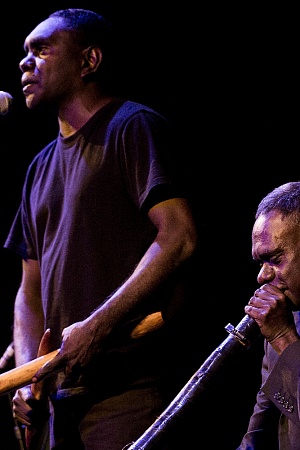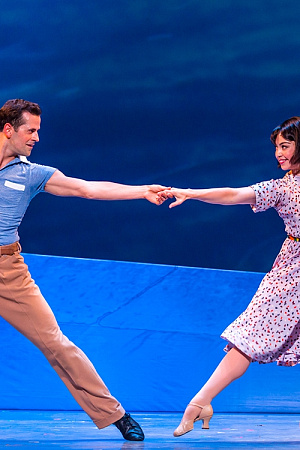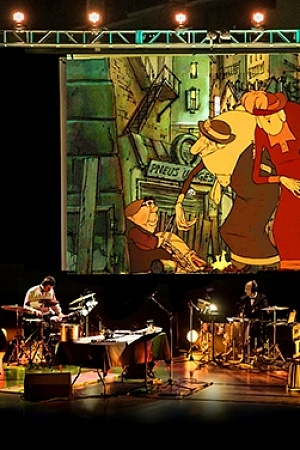Yuja Wang plays Beethoven (Sydney Symphony Orchestra) ★★★★
It is not every day that Sydney audiences witness the première of a composition by a major twentieth-century composer, yet this is what happened on 30 June in the Opera House: one of Igor Stravinsky’s earliest works, the Funeral Song, op.5, received its first performance on Australian soil.
As has been widely reported in the media, this short work was written in memory of Nikolai Rimsky-Korsakov, who was not only Stravinsky’s much-admired composition teacher, but also someone personally very close to the young composer. Upon Rimsky-Korsakov’s death in 1908, the Funeral Song, Stravinsky’s farewell message to him, was first performed. It was not heard again until the score’s miraculous rediscovery on the back shelves of the library in the St Petersburg Conservatory in 2015. Valery Gergiev and his Mariinsky Orchestra played it in December 2016; since then orchestras around the world have vied to perform it. Charles Dutoit, the conductor of this concert, conducted it in early 2017 with another SSO, the Singapore Symphony Orchestra.
Continue reading for only $10 per month. Subscribe and gain full access to Australian Book Review. Already a subscriber? Sign in. If you need assistance, feel free to contact us.










Comments (2)
Leave a comment
If you are an ABR subscriber, you will need to sign in to post a comment.
If you have forgotten your sign in details, or if you receive an error message when trying to submit your comment, please email your comment (and the name of the article to which it relates) to ABR Comments. We will review your comment and, subject to approval, we will post it under your name.
Please note that all comments must be approved by ABR and comply with our Terms & Conditions.